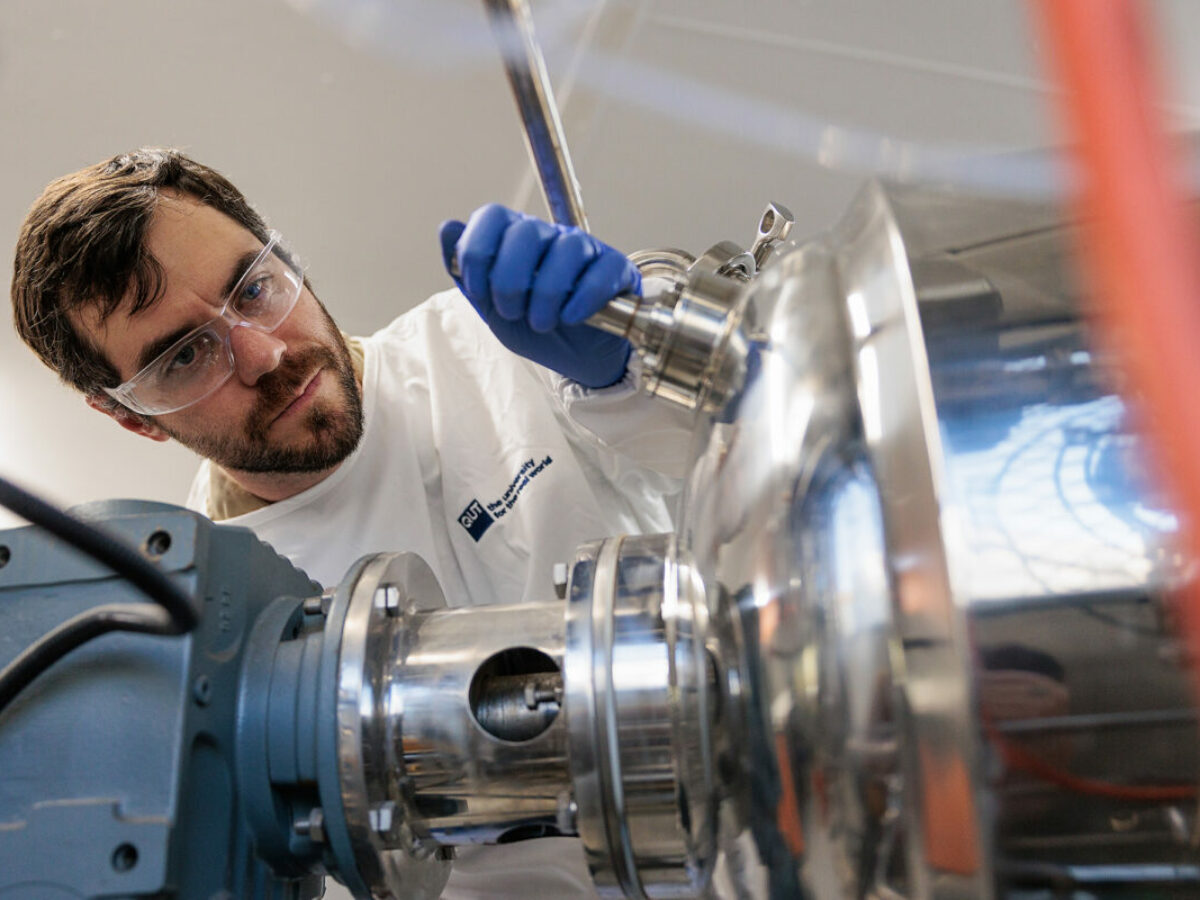Mackay R&D site to get precision fermentation as part of $16 million upgrade

A $3.9 million investment between Queensland University of Technology and the Food and Beverage Accelerator (FaBA) Trailblazer program will add the ability to develop precision fermentation-based ingredients at the Mackay Renewable Biocommodities Pilot Plant (MRBPP.)
The plant was established over a decade ago at the Mackay Sugar factory, and has focussed since then on biorefining, working with the agricultural sector.
According to a statement from QUT on Tuesday, the investment will transform the plant into a “state-of-the-art food-grade compliant facility” allowing for fast-tracked product development.
“This project is part of an overall $16 million upgrade to the facility to be completed this year which will transform the pilot plant into Australia’s leading physical containment level 2 (PC2) large scale food-grade research translation facility,” said Professor Ian O’Hara, who led establishment of the original pilot plant.
“This will enable the production of novel food and beverage ingredients via precision fermentation and boost product development by providing a unique capability to undertake early-stage scale-up, reducing cost and timeframes for getting new products to market.”
Precision fermentation uses tailored microorganisms to process sugars into specific products, such as proteins and fibres.
While it’s an acknowledged area of potential – which the CSIRO estimated could be worth $1.45 billion to Australia by 2030 – there are barriers.
O’Hara said the “expertise, regulatory and business environment” and geographical advantage in the Asia-Pacific region exist here, the sector is currently “constrained by a global lack of scale-up infrastructure.”
“With limited global precision fermentation capability in the Asia Pacific region, the FaBA investment in the MRBPP presents an enormous opportunity for QUT, Queensland and Australia.
“The challenges we face to grow more food and produce more energy for a growing population while dramatically reducing carbon emissions are immense.”
Picture: Alex Pocock with a 100-litre solid state fermenter at the Mackay Renewable Biocommodities Plant (credit QUT)
Further reading
Eden Brew raises $25m for non-dairy milk
Don’t have a cow: the Australian startup brewing high-tech animal-free milk
@aumanufacturing Sections
Analysis and Commentary Awards casino reviews Defence Gambling Manufacturing News Online Casino Podcast Technology Videos





